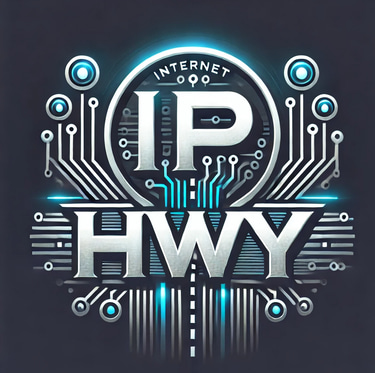The AI Ticking Time Bomb... Why 'Implement Now, Govern Later' Is a Dangerous Game
Jim Leone
7/27/20252 min read
“Everyone’s doing it.”
That phrase has never been a sound cybersecurity strategy, but when it comes to AI adoption, it’s become the unofficial policy for far too many organizations.
In the race to stay competitive, companies are embracing artificial intelligence tools, without fully understanding the risks. And that, in my opinion, is a ticking time bomb.
The AI Bandwagon
The AI explosion has created a stampede. Everyone wants in. Leadership teams are green-lighting tools like ChatGPT, Microsoft Copilot, and Gemini faster than security or compliance teams can assess them.
Why? Because the fear of being “left behind” often outweighs a measured, security-focused approach.
But just because a technology is exciting doesn’t mean it's ready, or safe, for your business model, data posture, or compliance obligations.
Trusted Vendors may not equal Trusted Outcomes
Let’s be honest, many companies are assuming that if the platform comes from Microsoft, Google, or OpenAI, it must already be vetted and secure.
That assumption is a mistake.
While these vendors may provide robust infrastructure security, you are still responsible for how your employees use the platform, what data is shared, and what controls are (or aren't) in place.
Some AI models retain data for training. Some platforms log prompts. Others can be manipulated through injection. It’s not just about what you use, it’s how you use it.
Governance Often Comes Too Late
In countless environments, I've seen:
No AI Acceptable Use Policy (AUP)
No internal review board
No risk register or business owner for the tool
No logging or monitoring of prompt data
In other words... no plan.
It’s “deploy now, figure it out later.” But by the time you're figuring it out, the exposure may already be irreversible.
Big Enterprises vs. Everyone Else
Sure, some Fortune 500 companies might be doing it right. They have AI councils, data tokenization, and secure proxy gateways. They wrap AI use in compliance and internal review layers.
But what about the small to mid-sized organizations?
Too many are simply enabling AI features and assuming, “If others are doing it, it must be fine.”
That’s not risk management, that’s herd behavior.
Once It’s In, the Risk Is Permanent
AI tools don’t just “assist”, they learn. Once sensitive data is exposed or ingested into the wrong model or prompt history, there’s no undo button.
You can't untrain a model. You can’t unshare internal data. You can’t retroactively apply a policy that was never enforced.
The window to apply controls is before deployment, not months after adoption.
The Real Risk... Unacknowledged Risk
What concerns me most is this --> Many companies are accepting risk they haven’t even defined.
They haven’t done a formal risk assessment. They haven’t documented what’s in scope. They haven’t asked basic questions like:
Can our employees use AI tools with customer data?
Who owns our AI policy?
What logs do we retain?
What happens if we get subpoenaed for AI usage logs?
This isn't just a technical risk, it’s a legal, operational, and reputational one.
What 'Should' We Do Today?
If your company is using or planning to use AI, I urge you to...
Create an AI governance framework.
Define what tools are allowed, and what data is off-limits.
Require business owners to sponsor tool adoption.
Apply logging, access controls, and regular audits.
Train your staff on proper AI usage and policy.
If you wouldn’t let your employees send sensitive client data through an unvetted third-party platform… Why are you allowing them to paste it into an AI tool?
The AI revolution is here, but if we continue to treat it like just another SaaS plugin, we’re walking toward disaster with our eyes closed.
Let’s stop blindly adopting AI, and start leading with governance, foresight, and risk intelligence.
The IP HighWay
Stay updated with the latest IT security news.
info@iphwy.com
© 2025. IPHwy LLC. All rights reserved.



